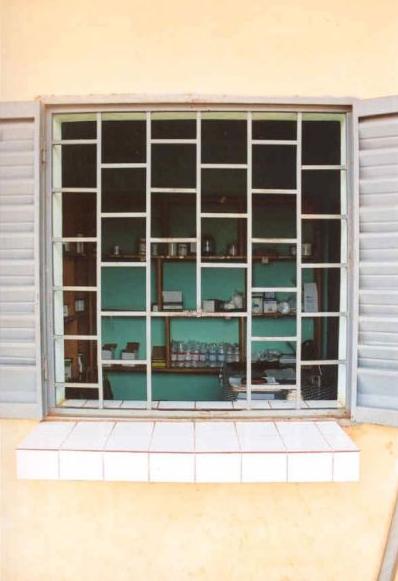Addressing the double burden of disease: Improving health systems for non-communicable and neglected Tropical Diseases

Low and Middle Income Countries are facing an epidemiological transition, with increases in the prevalence of and mortality related to Noncommunicable diseases. This burden of Noncommunicable diseases coexists in settings where important burdens of Communicable diseases still exist, leading to a double burden of disease. This project aims to develop context specific interventions to transform existing health systems to manage these conditions.
About the project
Background
Low and middle-income countries (LMIC) are currently facing an epidemiological transition due to globalisation, urbanisation and changes in the economic, social and demographic profiles: while maternal and child health challenges and Communicable Diseases (CD) still impact them, they also face increases in the prevalence of and mortality related to Non communicable diseases (NCD), leading to a double burden of disease. In addition, Neglected Tropical Diseases (NTD) are also present in these countries, affecting the poorest of the poor. This means that health systems now need to manage a diverse range of diseases, focusing on the needs of poor and vulnerable populations.
Objectives
The proposed COmmunity HEalth System InnovatiON (COHESION) Project aims to address the double burden of disease placed on health systems and communities in Mozambique, Nepal and Peru in order to sustainably improve the health of vulnerable populations. The project will address this challenge through 1) effective research to clearly understand barriers and enablers for diagnosis, management and care of both NCDs and NTDs, 2) stakeholder engagement and identification of 3) sustainable, gender and context appropriate interventions at the policy, health system and community level integrated into PHC responses.
Relevance
NTDs constitute a good litmus test for health equity as they affect the most neglected populations. NCDs are considered as neglected as NTDs on the global agenda despite the impact they have on health, poverty and development. Very little has been done to develop synergistic research and action for NCDs and NTDs except for suggesting that these two groups of diseases could develop similar interventions as those for HIV/AIDS and tuberculosis.
Geographic scope
- Mozambique
- Nepal
- Peru
Project website and link to P3
